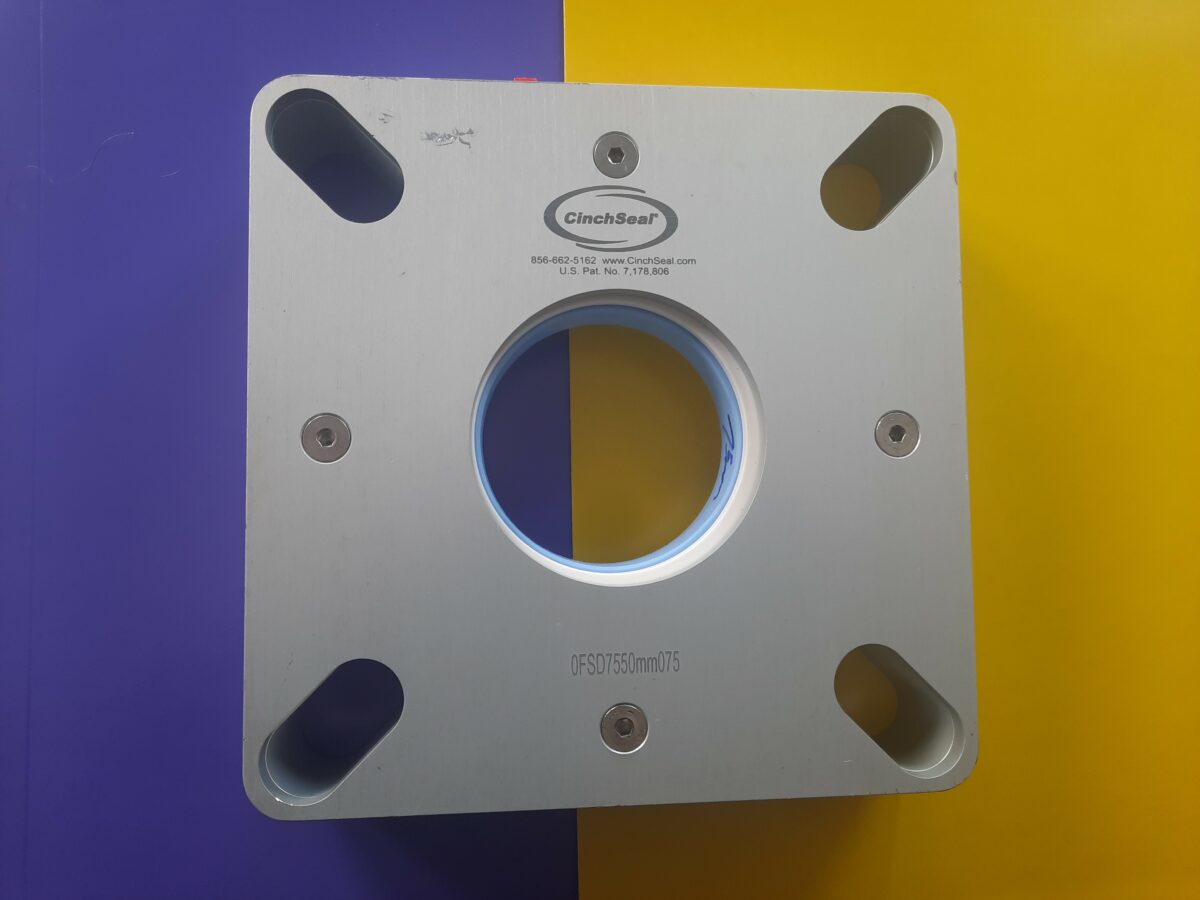Rotary shaft seals, sometimes known as radial shaft seals, are essential components of bulk handling equipment. They ensure that the space between a moving shaft and its container remains sealed so that contamination can be avoided and the product remains protected. They find applications in examples like hydraulic pumps, blenders, power steering, axles, valve systems and screw conveyors.
In this article, we’ll explore how they have transformed with time.
Rotary Shaft Seals and How they have Changed
Early rotary shaft seals utilised rawhide as a sealing element. In fact, many companies that produce elastomeric seals today used to be tanneries in the past. However, with the invention of modern elastomers, rawhide was slowly replaced and faded out of the industry entirely. Later variations of the shaft seal also added a garter spring which helps the sealing lip compensate for wear and tear.
The Lip Seal
For the longest time, the lip seal was the most common rotary shaft seal. However, lip seals have several disadvantages. They have a comparatively small surface to grab onto the rotating shaft. This increases the risk of leakage and, thereby, contamination. It also makes the seal wear out more quickly, forcing operators to replace them frequently. This makes them less cost-effective.
The stationary design of the lip seal also limits its applications. It causes friction and generates heat, so it cannot be used for application with materials that overheat in any dangerous capacity. In addition, they don’t withstand high pressures and can even cause damage to the rotating shaft over time.
Modern Rotary Shaft Seal Solutions – Introducing CinchSeal
CinchSeal is the future of rotary shaft seals. Their design presents innovation and improvement on the traditional lip seal in several ways.
They’re designed primarily for mixers, screw conveyors, ribbon blenders and other bulk handling equipment and provide a higher ROI thanks to reduced seal and shaft wear.
The CinchSeal has a larger surface area than the lip seal, which reduces the chance of leakage and contamination. In addition, it is self-lubricating, enabling dry running seal operation and decreasing wear and tear. CinchSeal can also withstand more shaft misalignment, allowing up to a quarter of an inch. This flexibility prevents leaks and material loss around a rotating object.
And finally, CinchSeal is USDA certified, making it suitable for the meat and poultry and dairy industry, where hygiene is a hugely sensitive issue.
Now you know where Rotary Shaft Seals started and how far they have come! The Wrights Dowson Group is a supplier of CinchSeal and bulk handling equipment in the UK. Get in touch with us today for technical questions or assistance or request a quote.









